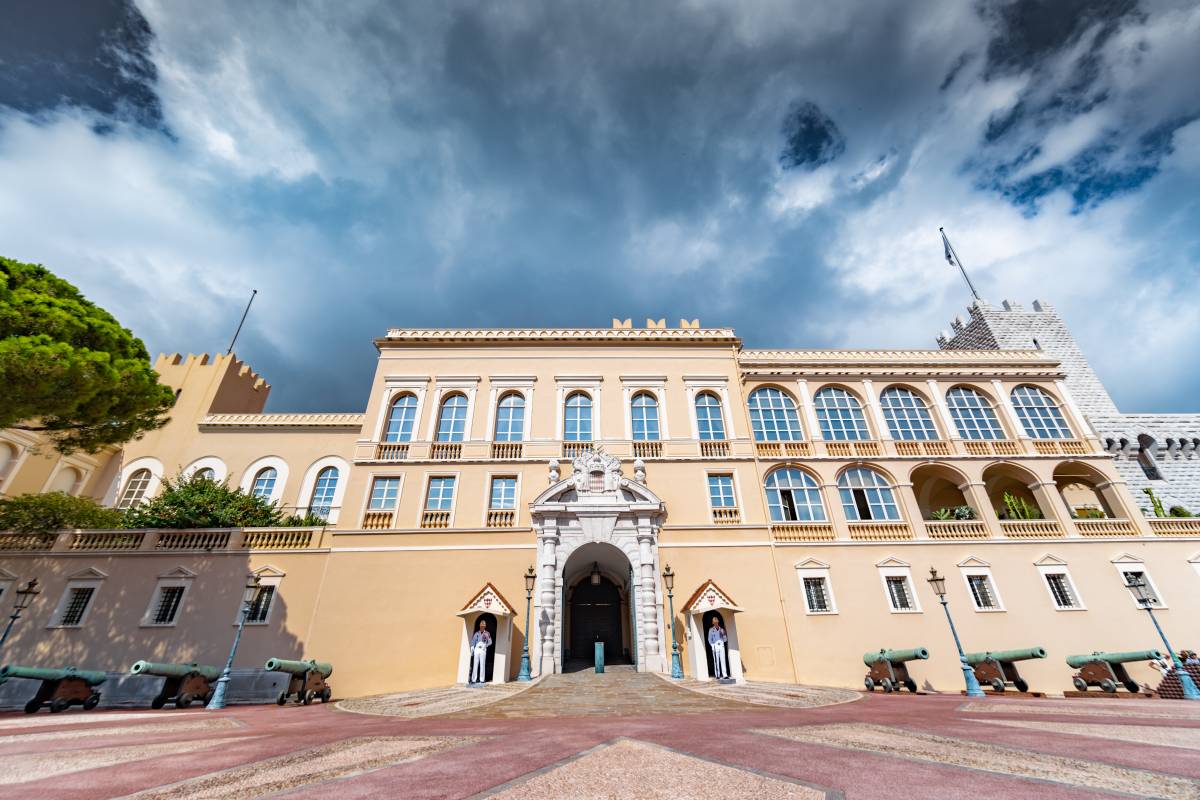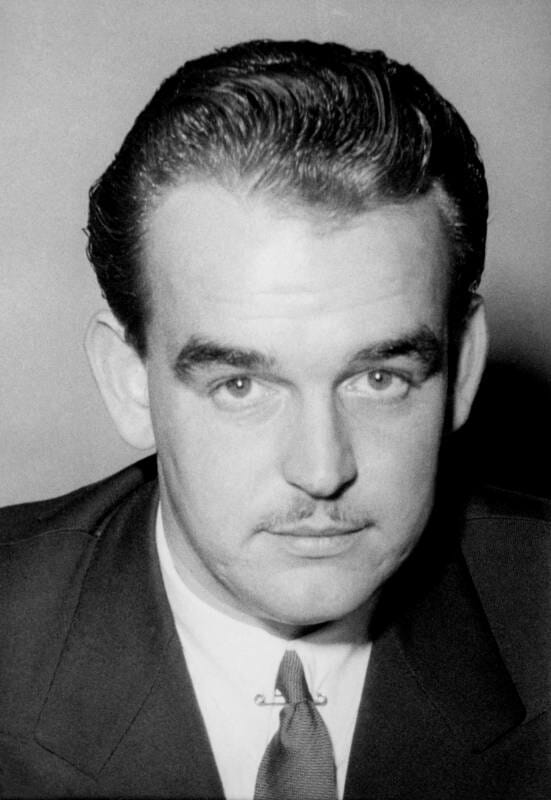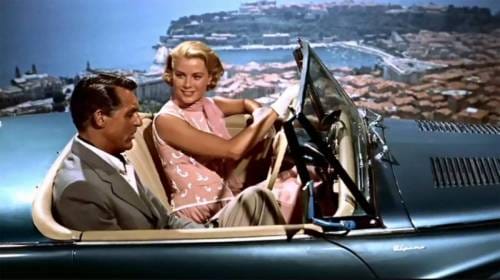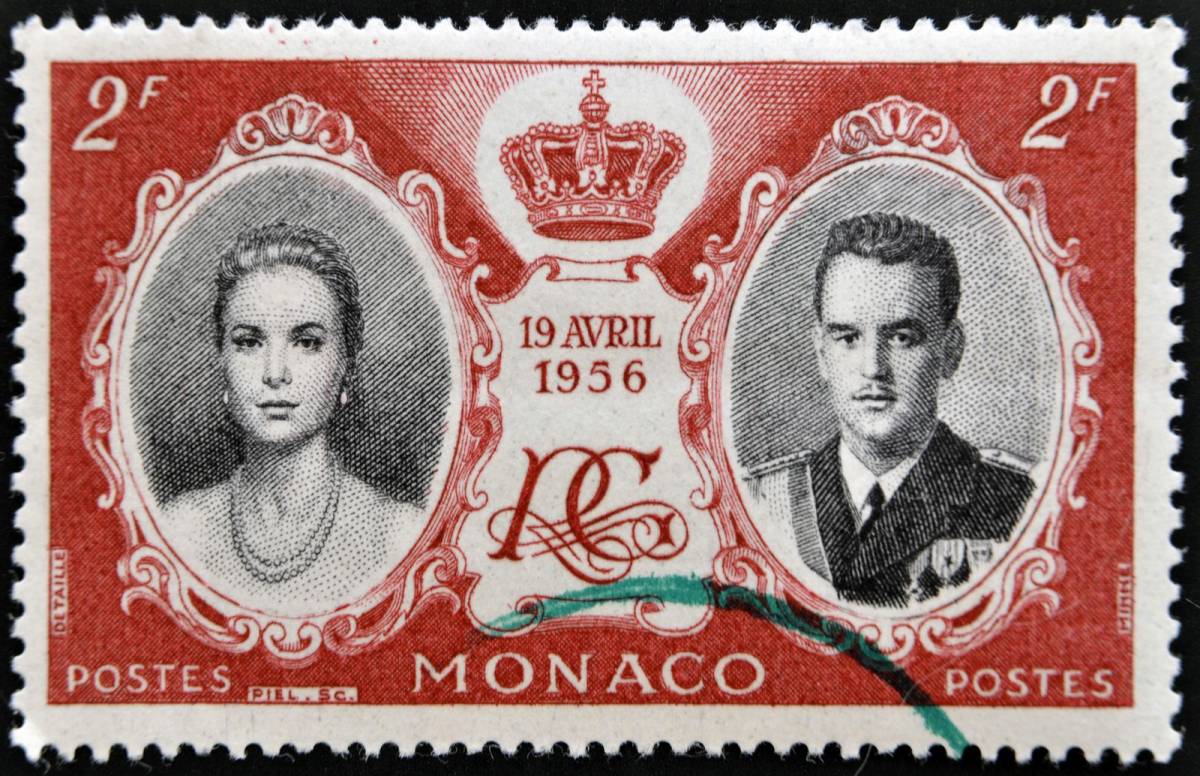Everybody knows that the reign of French King Louis XIV, ‘Le Roi Soleil’, was the longest in European history. Two British Queens — Elizabeth II who will celebrate 70 years on the throne in 2022 and her great-great-grandmother Victoria (who reigned for 63 years) also had lengthy reigns. But few know that the fifth prince of Monaco is also on the list of the longest-reigning European monarchs: after coming to the Monegasque throne in 1733 he reigned for nearly 60 years and so passed his ancestor Honoré, Lord of Monaco, who ruled for 58 years in the XVI century.
Ascension to the Throne at the age of 13
Honoré Camille Léonor Grimaldi was born on November 10, 1720. He was the son of Louise-Hyppolite, and the grandson of Prince Antoine I, who both died in 1731. Honoré came to the throne just after turning 13 when his father, Prince Jacques I, abdicated. Prince Honoré III spent much of his time away on campaign with the Royal French Army fighting the English in the War of the Austrian Succession. Honoré III was wounded fighting in the French victory at Rocoux. Later, he earned the Cross of St Louis for his conduct and after the Peace of Aix-la-Chapelle in 1748 he was given the rank of Marshal of France.
What is interesting is that despite the heroic service of Honoré III in the wars, the Principality of Monaco was neutral in the conflict and, administered by the Chevalier de Grimaldi, assisted both French and English ships in need of help. The Austrians and Sardinians did blockade the Monegasque coast for a time and much of the countryside was pillaged by Croat soldiers of the Austrian army but French forces later cleared the region of all invaders in 1748.
The Royal Marriage
In 1757 Honoré III married Maria Caterina di Brignole-Sale who was descended from the Doges of Genoa and called “the most beautiful woman in France”. They were a very proud family and the arrival of the bride-to-be in Monaco turned into a disaster as many of the bridal attendants were seasick and the future mother-in-law insisted that Honoré III come onboard to greet his fiancé and escort her ashore. However, as a monarch in his own right, Honoré III refused as it was considered a breach of protocol for a prince to go to meet someone rather than them being brought to meet him. A stand-off ensued and eventually the Genoese fleet sailed away and stopped farther up the coast before a compromise was negotiated by which the couple would meet in the middle of a bridge extended between ship and shore. Nonetheless, the two were married and in 1758 the future Prince Honoré IV was born followed by Prince Joseph some years later. In 1770, though, Honoré III and Princess Maria Caterina divorced, and she later married the Prince de Condé in 1798.

In 1767 the British Duke of York was sailing from Marseilles to Genoa when he was suddenly taken ill and had to put in at Monaco. Prince Honoré III quickly offered all the help he could and put his palace at the disposal of the Prince who died after 11 days in what has forever after been known as the York Room of the Princely Palace.
In the meantime Prince Honoré III did what he could to guide his little principality along, improving trade and the economy which was heavily dependent on growing citrus fruits such as lemons in those days. His reign also saw the establishment of the first printing press in Monaco and the first newspaper the ‘Courrier de Monaco’. Prince Honoré III did take the initiative in pushing for some reforms, the most major of which was the repeal of the law that the Sovereign Prince would receive the inheritance of anyone who died on his property. On August 18, 1770 Honoré saw the practice, which he viewed as barbaric, abolished.
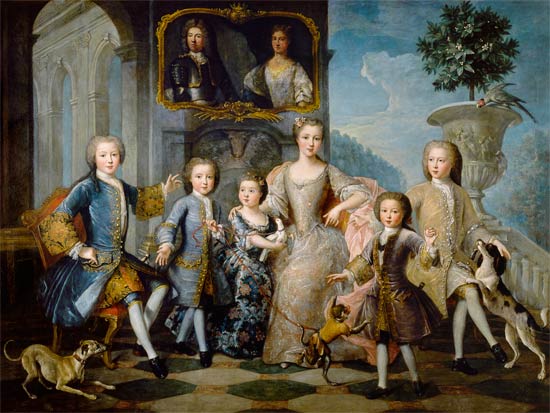
The French Revolution, Arrest and Imprisonment
As France slipped increasingly rapidly towards revolution things in Monaco remained calm and peaceful until the fateful day of July 14, 1789; the date of the storming of the Bastille. The shock spread to Monaco where crowds embraced the Declaration of the Rights of Man, influenced by the rise of republicanism in France as well as some newly introduced nostalgia for the Genoese Republic. Honoré III was concerned with the loss of his noble titles in France at the hands of the French National Constituent Assembly which was intent on abolishing all aristocratic privileges and soon he rushed to Paris to try to defend his titles there before the Constituent Assembly.

Honoré III was extremely convincing when dealing with the French revolutionaries. His estates were, he insisted, not the gift of the King of France alone but payment for services rendered in the cause of French national glory. He struck just the right cord and the Assembly voted a generous pension for the Prince of Monaco in reparation for his confiscated properties.
Unfortunately, before the order could be carried out, Danton came to power and the republic was declared. In all the turmoil France lost interest in Monaco and ultimately all Honoré was able to gain was recognition from the republican government of Monegasque neutrality. Unfortunately, that was a promise that would never be respected.
The French Republic declared their expansionist policy at the end of 1792. Monaco quickly fell victim to this policy and on January 13, 1793 Prince Honoré III was officially declared deposed by the Monegasque National Convention. Members of the Convention immediately filed a petition for accession to France. Some people in France however did protest on the grounds that Honoré III had always been a loyal friend and ally of the French, but republican hatred of monarchy prevailed and Monaco was absorbed into the French Republic and renamed Fort Hercules.

At the height of the Reign of Terror Honoré III was arrested as was his son, Honoré IV, who had been in Paris at the time and who would remain imprisoned for 15 months. Honoré III had suffered greatly from his own imprisonment and after his release had to stay in his house on the rue de Varennes as the Princely Palace in Monaco had been confiscated by the revolution though, thankfully, there was no ‘Reign of Terror’ or mass arrests and bloodshed in Monaco. Overcome with sadness, suffering, a number of ailments and the ravages of old age Prince Honoré III of Monaco died on March 21, 1795.
In 2020, the Principality paid a tribute to Prince Honoré III by having issued a 2€ commemorative coin celebrating the 300th anniversary of his birth. At the time of writing, the price of the coin, which was issued in 15,000 copies, has reached in the region of €300.


